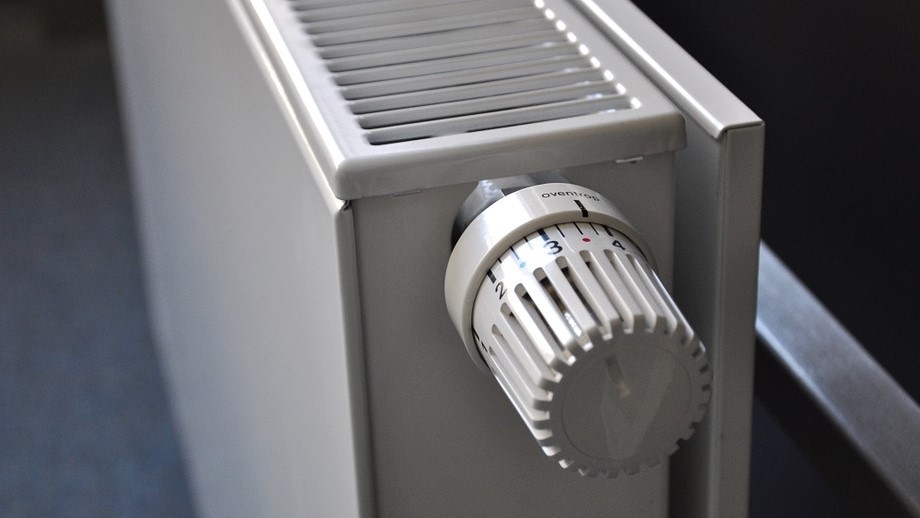


The type of heating system is an important factor that should also be considered when buying an apartment from the developer. Depending on the method of obtaining thermal energy, there are the following heating systems: central, autonomous, individual. Let's talk about the main advantages and disadvantages of each option.
Central heating
The main source of heat generation in this case is thermal power plants. Thermal power plants (TPPs) are also widespread in Ukraine, which also produce electricity. TPPs can run on natural gas, fuel oil or coal.
Advantages:
Disadvantages:
Autonomous heating
The principle of operation of such boilers is that the water enters the system, is heated to the required temperature in the boiler and sent to the pipeline to consumers. Once in the radiators, the water is cooled and returned back to the boiler. This type of heating is usually installed when it is economically unprofitable for the developer to connect the residential building to the central heating.
Advantages:
Disadvantages:
Individual heating
At individual heating the equipment for production of thermal energy is established in the apartment. The heat generator is a gas or electric boiler. The heating mode in the apartment is started by a thermostat that responds to a decrease in the temperature of the coolant or indoor air. Cold water enters the heat exchanger from the system, where the boiler heats it with a gas burner or electric heater, and then sends it to the pipes and radiators. The boiler is turned off until the next reduction as soon as the desired temperature of water or air in the room is reached.
Advantages:
Disadvantages: